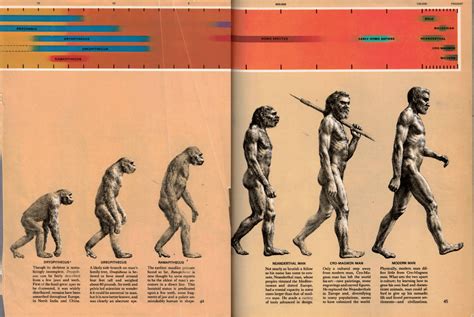As we reflect on the Industrial Revolution, it’s not just a tale of technological brilliance, but also of societal reluctance and economic necessity. Just as we resisted the machinery of the past, today we face similar hesitations when it comes to space exploration. One might wonder if future generations will look back at us and question why we didn’t harness the potential of our solar system despite having the knowledge and capability. This reluctance isn’t new. From bicycles to airplanes, and now to artificial intelligence, technological progress often meets with societal resistance. Yet, it’s the steadfast drive of a few visionaries that propels humanity forward.
The Industrial Revolution unfurled a massive transformation across society. As some comments pointed out, whether it’s AI or space exploration, it’s a minority that pushes progress forward while the majority resists change. Historically, such reluctance wasn’t limited to technology alone but extended to economic investments and societal structure. The British industrial age was marked by significant investment in railways and steel mills, which led to further advancements. Similarly, the potential for space exploration today is immense, but it’s hindered by the high financial threshold to jumpstart such initiatives. Imagine if the funding for NASA had been sustained at the levels it received during the Moon landing era; we might have been mining asteroids by now.
The importance of demand and profitability cannot be understated in making technological ventures viable. Economic constraints, like those pointed out regarding asteroid mining, highlight the need for substantial investment versus the immediate profitability of established industries. For example, the shift from economic use of human labor to steam-powered machines during the Industrial Revolution wasn’t just a technological leap but also an economic necessity driven by resource constraints and high wages in Britain. Today’s space frontier faces similar barriers. While the idea of space minerals sounds promising, the economics of transporting these resources back to Earth pose a significant hurdle.
Moreover, the discourse around new technologies often misses the subtle yet significant role of human adaptability and acceptance. Space exploration isn’t just about rockets and investments; it’s about creating closed sustainable ecosystems. This challenge remains daunting even today. Yet, technological advancements, like reusable rockets from companies such as SpaceX and Stoke Space, hint at a changing economic landscape that could make space ventures more feasible. The notion that economic models must evolve to accommodate technological potential is a recurring theme from the Industrial Revolution to the present day.
Reflecting on past technological blocks gives us a lens to view the present obstacles. Just as Newtonian physics and calculus were pivotal for the Industrial Revolution, today’s breakthroughs in materials science, AI, and autonomous systems could be the keys to unlocking space exploration. The economic argument that high wages spurred innovation and productivity during the Industrial Revolution could be paralleled today by the high costs of space activities driving innovation in reusable technologies and alternative energy sources. The persistent question is whether our current economic and social systems are ready to embrace such changes, or if we will continue to mirror the conservative pace of historical progress.
Ultimately, the narrative of technological advancement is one of human resilience and visionary persistence amid widespread hesitation. Future historians might look back at our era and see it as a pivotal moment for space exploration, much like the Industrial Revolution. Whether we fully embrace this potential depends on numerous factors, from economic models and profitability to human adaptability and societal acceptance. The echoes of our past triumphs and failures should guide us as we chart a course for the final frontier. As the axiom goes, those who cannot remember the past are condemned to repeat it.


Leave a Reply